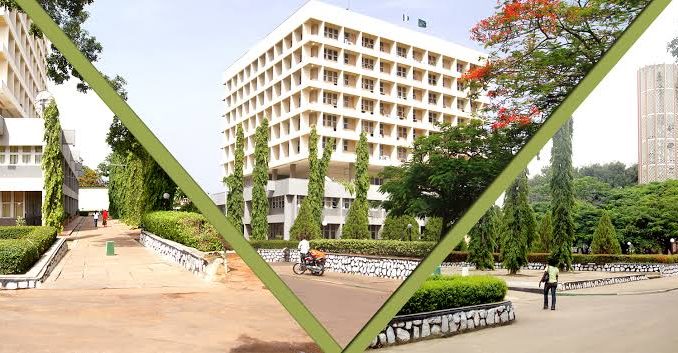
The Ahmadu Bello University, (ABU) Zaria is set to fully engage in commercial agriculture on its 363 hectares of arable lands, to enhance food security in the country.
Prof. Kabir Bala, Vice-Chancellor of the University, made this known in a statement issued by Malam Auwalu Umar, Acting Director, Public Affairs Directorate of the university, on Tuesday in Zaria, Kaduna.
Bala said the insitution had concluded arrangements to begin commercial farming next cropping season to boost its revenue base, fight hunger and provide employment opportunities to the youths.
He noted that commercial agriculture became imperative as it remained the strength of the university in view of its vast agricultural complex comparable to its contemporaries in the world.
The VC said the researchers at the complex would be encouraged to take up the challenge of ensuring food sufficiency in the country.
“Let me reiterate that from the next farming season, we are going to cultivate all ABU farms 100 per cent for commercial purposes. Our farms must give us the food we eat, we must set the example.
“The university agricultural researchers must buckle up in their search for more yields and nothing should stop the institution from producing more than 100 bags of produce per hectare as is the case in many developing nations,’’ he said.
Bala said the university has a vital role to play in the country’s agricultural development, recalling that the Food and Agriculture Organisation (FAO) had once recommended the ABU agricultural model for other countries.
ALSO READ: Romanians reelect dead mayor by landslide
The VC said Nigeria must be food secured by having, at all times, both physical and economic access to sufficient food to meet dietary needs for a productive and healthy life as wel as be a net exporter of farm produce.
Bala said: “A family is food secure when its members do not live in hunger or fear of hunger.
“This is a task that must be accomplished because food insecurity is often rooted in poverty and has long term impacts on the ability of families, communities and countries to develop and prosper.
“Prolonged undernourishment stunts growth, slows cognitive development and increases susceptibility to illness.”
According to him, the university will organise a short training programme on commercial farming in South Africa for some researchers from the agricultural complex.
Bala noted that apart from the fully fledged Faculty of Agriculture, the University also had specialised institutes with national mandate as Institute for Agricultural Research (IAR), National Agricultural Extension Research and Liaison Services (NAERLS), National Animal Production Research Institute (NAPRI) and many internationally recognised researchers.
“All is set to establish an all embracing research and innovation centre to encourage research for better yields in the university.”
While commending the Faculty of Agriculture and the specialised agricultural institutes for doing a good work, Bala stressed the need for Nigerians to design and develop solution to their peculiar problems.


